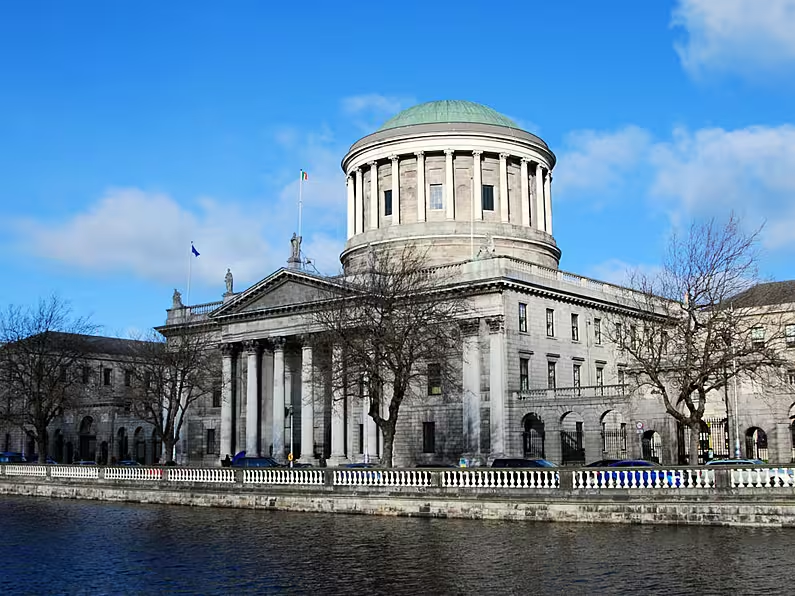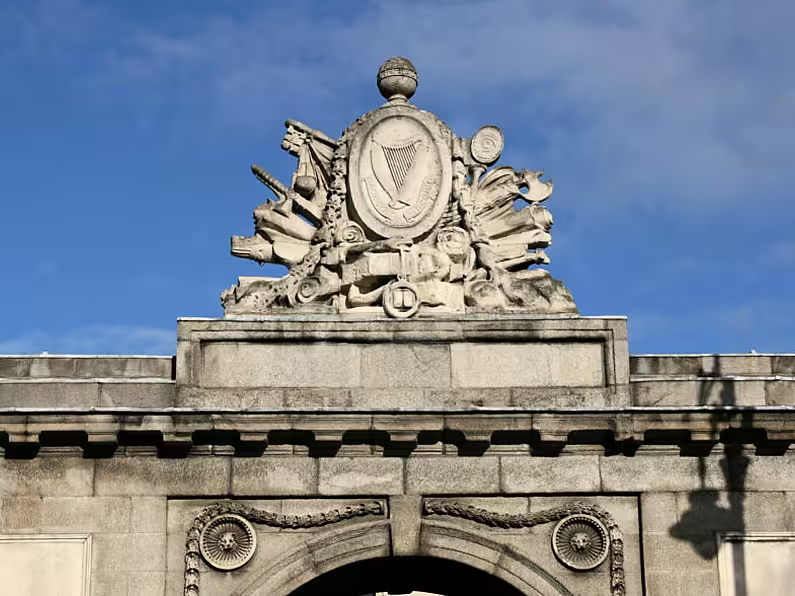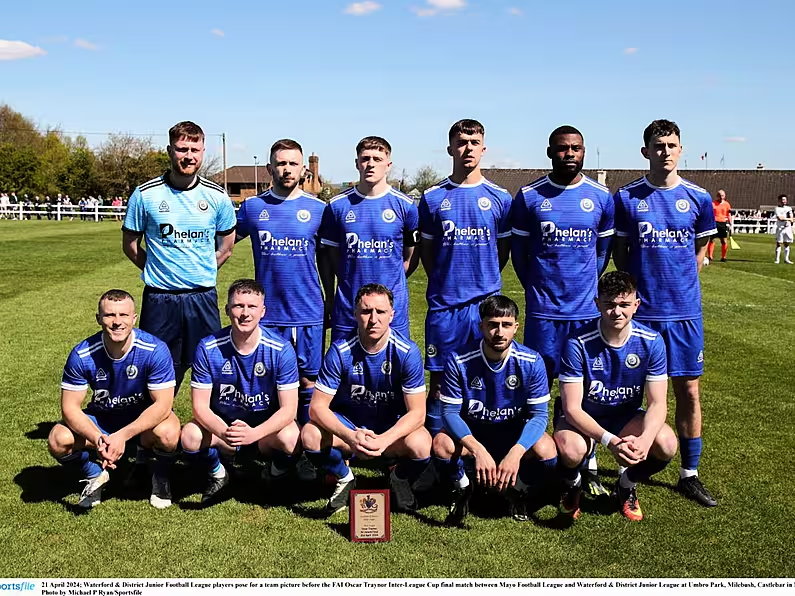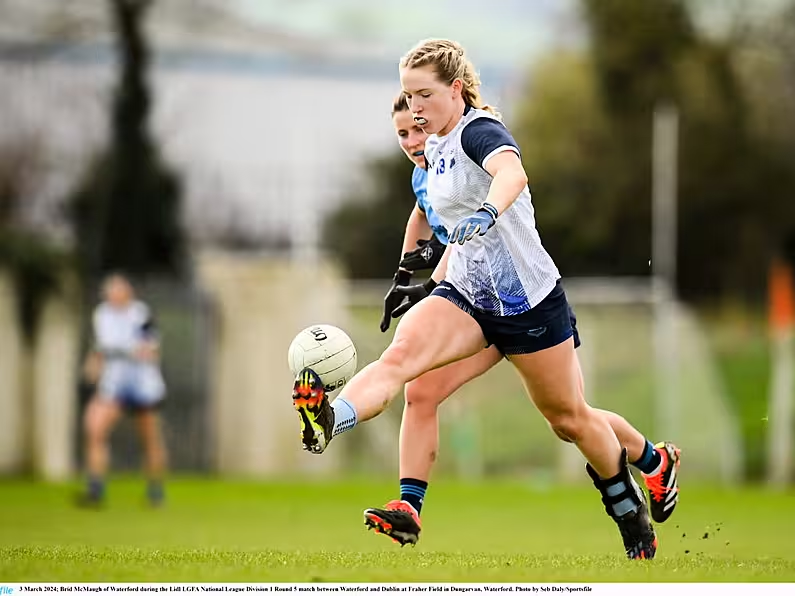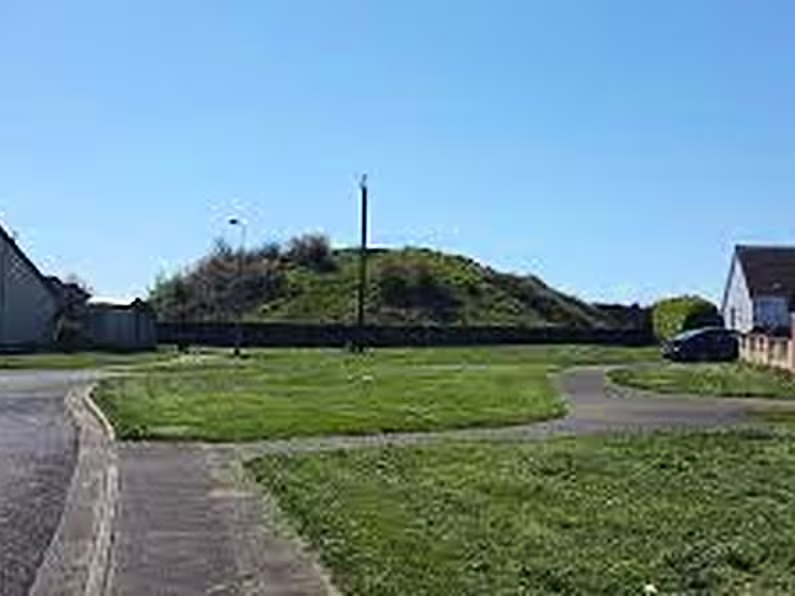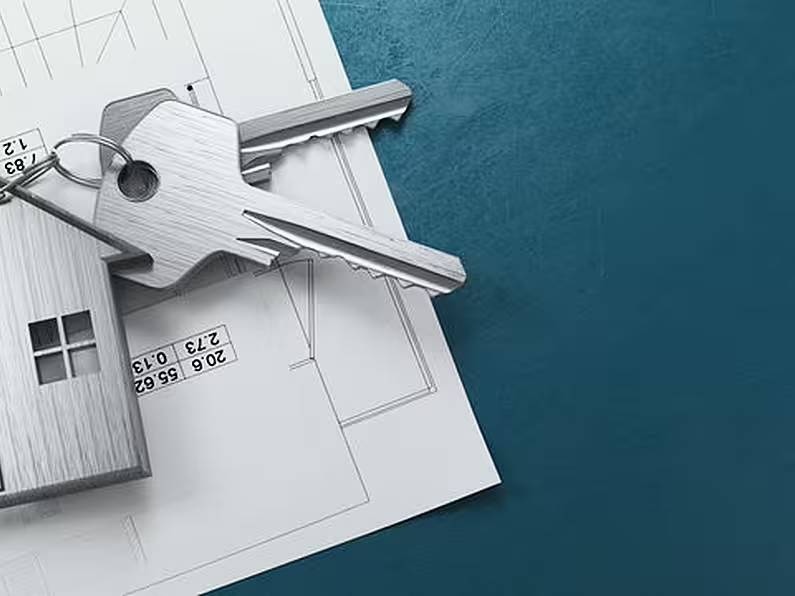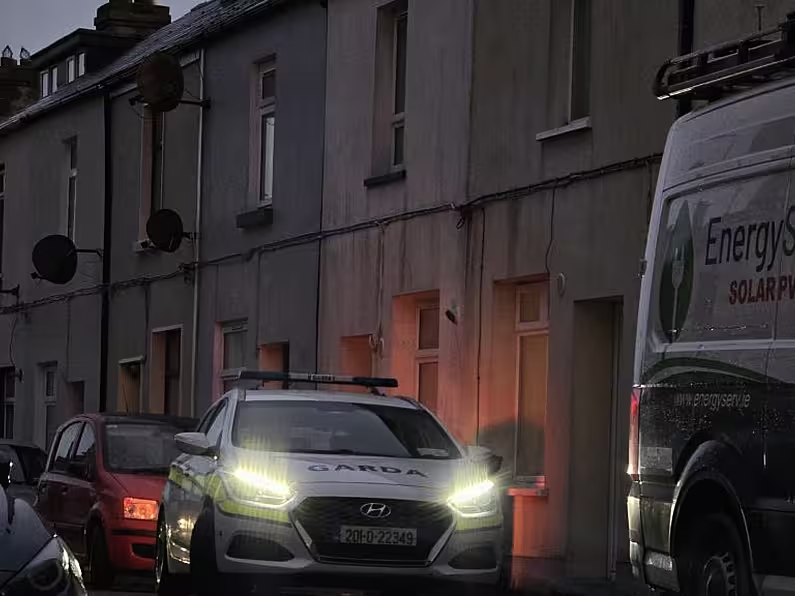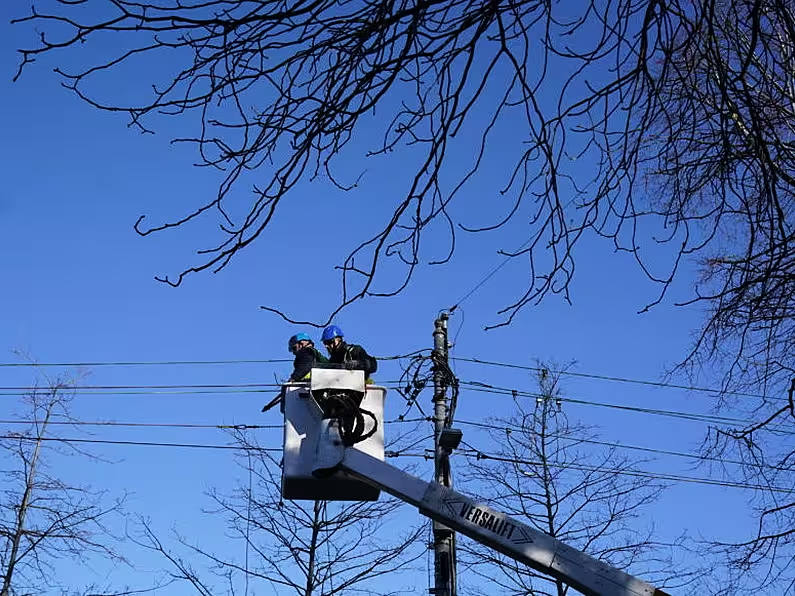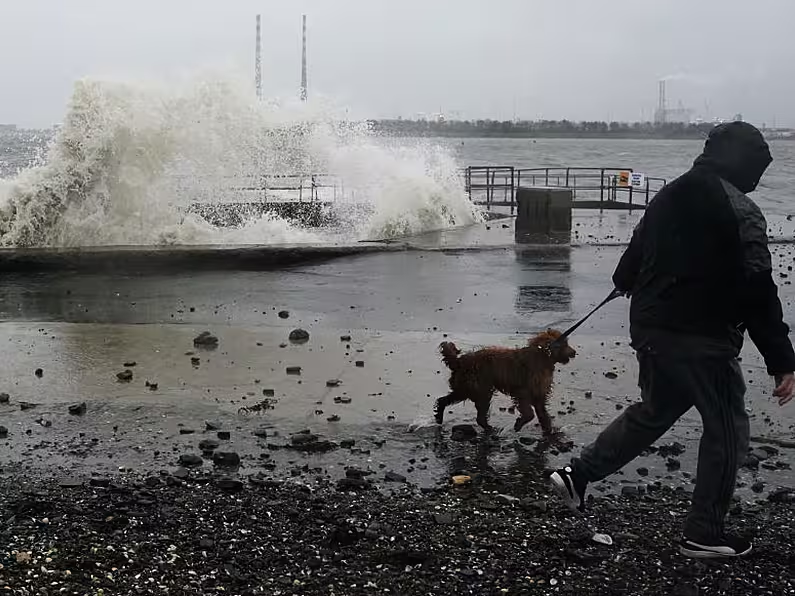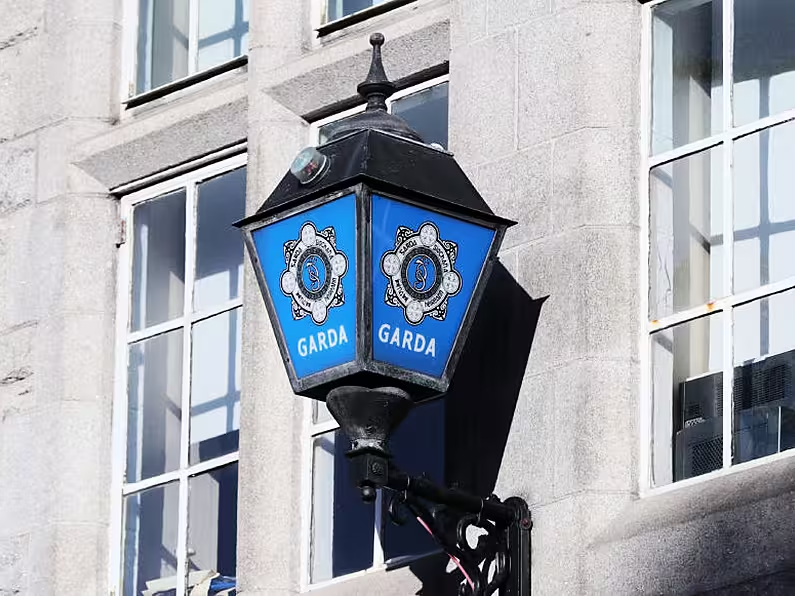The HSE and Sligo Leitrim Mental Health Service have apologised in the High Court to the family of a 30-year-old man who took his own life in a mental health unit four years ago.
The apology was read out in court as the family of Karl Collins settled a legal action over his death for €275,000.
Karl Collins was 30 years of age when he died by suicide two days after being admitted voluntarily to St Columba’s Hospital mental health unit, Farranacardy, Sligo in 2017. An outdoor activity instructor from Co Dublin, Mr Collins had been living in Tullaghan, Co Leitrim prior to his death on April 3rd 2017.
The family’s counsel Maura McNally SC told the High Court the family were left bereft after Karl’s death and the care to the Collins family after the suicide was “wanting”.
In the apology Sligo Leitrim mental health service and the HSE extended “our sincere apology to the Collins family in respect to the death of your son and brother Karl.”
It added; “We want to convey our profound regret at the circumstances of his untimely and tragic death which occurred on April 3 2017 when he was an inpatient in St Columba's admission unit.”
Profound effect
They also acknowledged that the experience for Karl’s family especially his mum Mrs Irene Collins and his siblings “was devastating and has had a profound and lasting effect on you.”
It added : “We are sorry that prior to and in the aftermath of Karl's death we failed to communicate in a satisfactory way with you or offer you satisfactory support. We are sorry we did not accompany Karl or his family members to the emergency department of Sligo University Hospital.”
It said it wished to assure Karl’s family that the service has made great efforts to ensure that the recommendations identified by the investigation in to Karl’s death were implemented.
“Most importantly on October 20, 2020 we closed St Columba’s Hospital and our inpatient service moved to the new admission unit in Sligo University Hospital,” it said.
Saddened and shocked
The letter concluded: “ We would like you to know that the staff of the Sligo Leitrim Mental Health Service were deeply saddened and shocked by Karl's death and we would once again like to offer our heartfelt condolences on your loss.”
He had presented to St Columba’s Hospital unit on April 1st, 2017 and requested admission due to worsening symptoms. It is claimed he had a history of depression and had previously been involuntarily admitted to a mental health facility in 2011 following a suicide attempt.
It was claimed there was an alleged failure to attach any or any appropriate weight to the level of agitation displayed by Karl and an alleged failure to treat it aggressively with medication.
Symptoms
It was further claimed there was an alleged failure to have any or any adequate regard to Karl’s presenting symptoms including his statement in relation to suicidal intent and his admission to having taken an overdose in his desperation to get some sleep which he reported led him to want to end his life.
There was also it was claimed an alleged failure to consider as a possibility that Karl had a severe depressive illness and he was diagnosed as suffering mixed anxiety and depression.
It was also claimed there was an alleged failure to request Karl to remain on the ward for observation and safety.
Noting the settlement Mr Justice Paul Coffey extended his deepest sympathy to Karl’s mother and siblings on what he called ‘ a profoundly sad and tragic case.’
If you have been affected by any of the issues raised in this article, you can freephone the Samaritans 24 hours a day for confidential support at 116 123 or email [email protected].
Alternatively, the contact information for a range of mental health supports is available at https://www.mentalhealthireland.ie/get-support/.
In the case of an emergency, or if you or someone you know is at risk of suicide or self-harm, dial 999/112.



